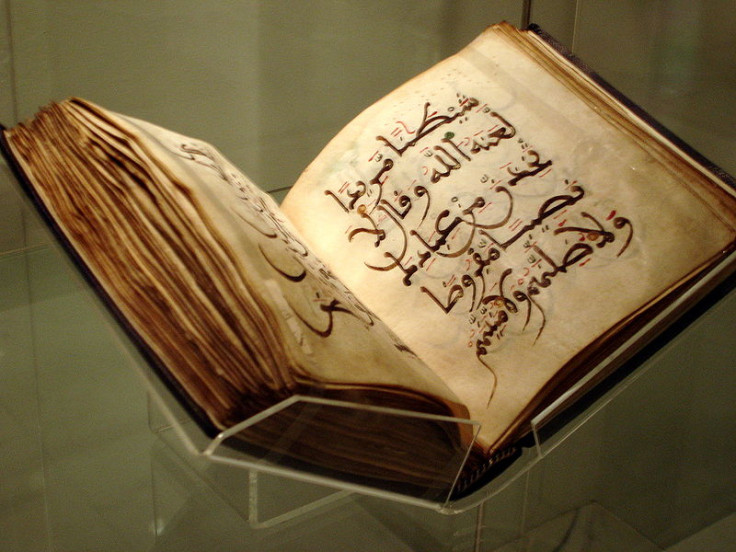Religious Tensions Grow in Malaysia as Government Ban Christians From Saying 'Allah'
Rulings by judges designed to 'protect Islam' risk isolating country from wider world, critics say

This week a court in the Malaysian capital of Kuala Lumpur considered a long-running case over the seizure in 2007 of a box of Sunday school materials, including colouring books and Bible storybooks that used the word "Allah".
The books were eventually returned, but their owner, a large evangelical Christian denomination in Malaysia, Sidang Injil Borneo, challenged the constitutionality of the seizure.
Reverend Jerry Dusing, the church president, said in an interview with the New York Times: "No law can prohibit anyone from the reasonable practice of their faith," he said. "Why on Earth are they banning words?"
His criticism was in reference to a ruling by a panel of judges in October to reinforce previous government orders and rulings by Malaysia's Islamic councils, and reserve "Allah" – the Malay word for God — for use by Muslims alone.
The decision, by a panel of three judges, was intended to protect followers Islam, the country's official religion, from being proselytised.
"It is my judgment that the most possible and probable threat to Islam, in the context of this country, is the propagation of other religions to the followers of Islam," the chief judge, Mohamed Apandi Ali, said when giving his decision. The use of the word Allah "is not an integral part of the faith in Christianity," he said, adding that: "The usage of the word will cause confusion in the community."
The Malay language is infused with Arabic, and while 60% of the population are Muslim, Malay-speaking members of other Judeo-Christian faiths often use "Allah" to refer to God.
The Malaysian government Department of Islamic Development insists the ruling is fair, as it argues that Allah is not a generic name for God but signifies "the religion of the person who uses it".
"That is the reason why the usage needs to be monitored and preserved by the government in order to ensure that no one will be confused with the most exalted name," according to a statement on the department's website.
State regulations ban a list of words, including Allah, in any non-Muslim context, and Malay-language bibles are banned everywhere except inside churches. To reinforce the law, government officials often seize Malay-language Bibles, and Malaysian customs agents seized compact discs and books destined for a Borneo church in late October.
Critics say the rulings risk creating religious and political divisions between the country's Muslim majority and its sizable Christian minority. In recent weeks, the religious authorities have issued a fatwa against Halloween celebrations, banned men from cross-dressing, and scolded them for petting dogs, which the country's Islamic authorities view as unclean animals.
But more moderate Malaysian Muslims disagree with the rulings.
Wan Saiful Wan Jan, executive director of the Institute for Democracy and Economic Affairs, a Malaysian research organisation that promotes liberal democracy, said Malaysia's religious edicts were disconnecting the country from Muslims in the wider Islamic world, adding: "This Palestinian guy came up to me and said: 'The world is laughing at you. I'm from an Arab country and everyone uses the word, every day.'"
© Copyright IBTimes 2025. All rights reserved.





















